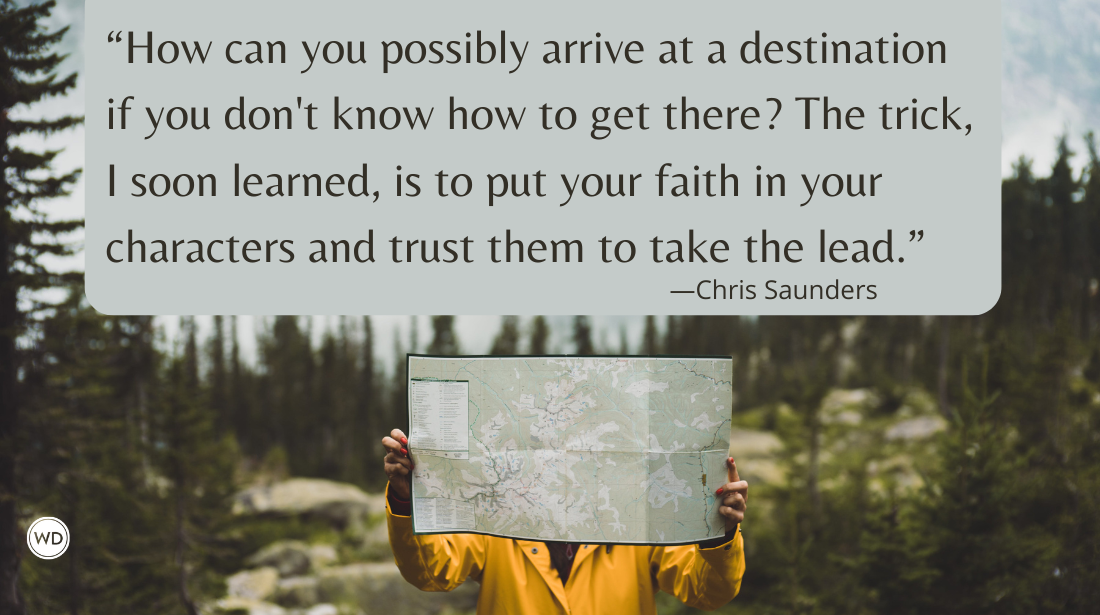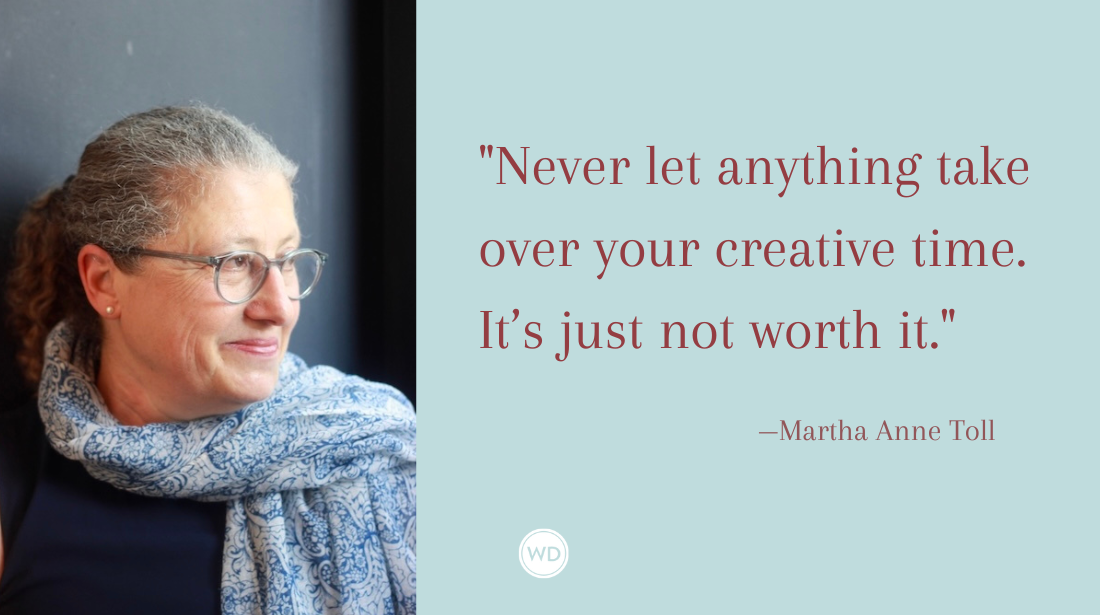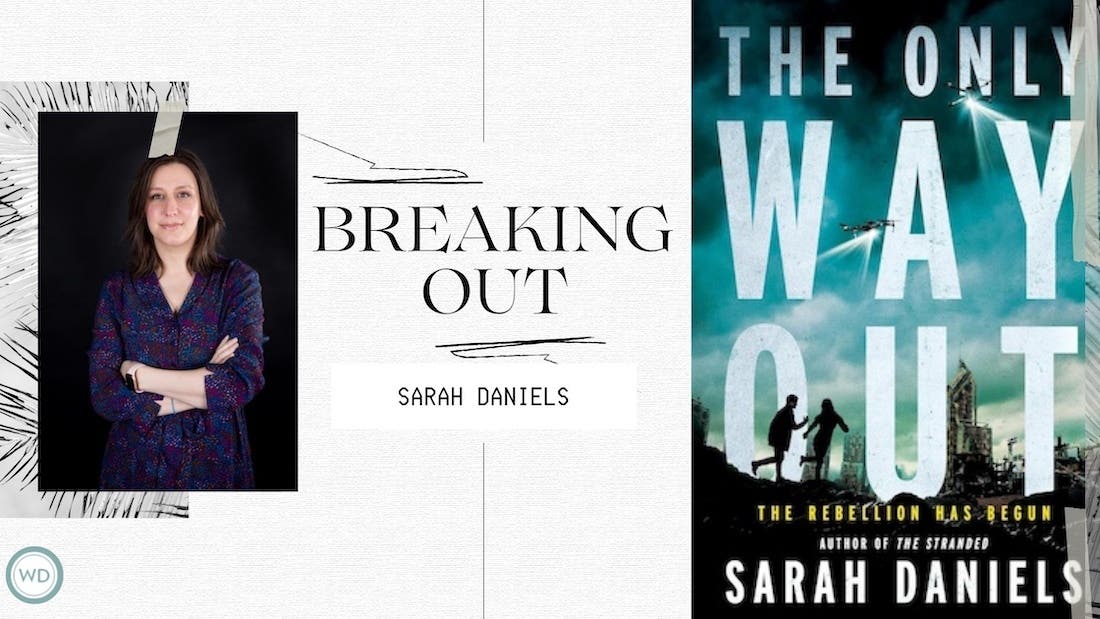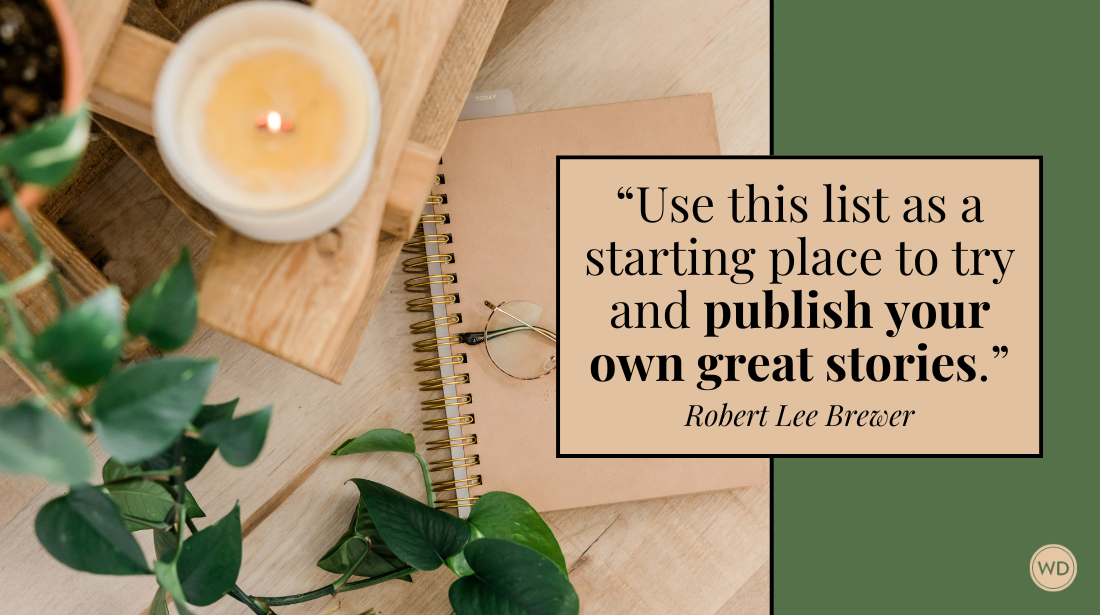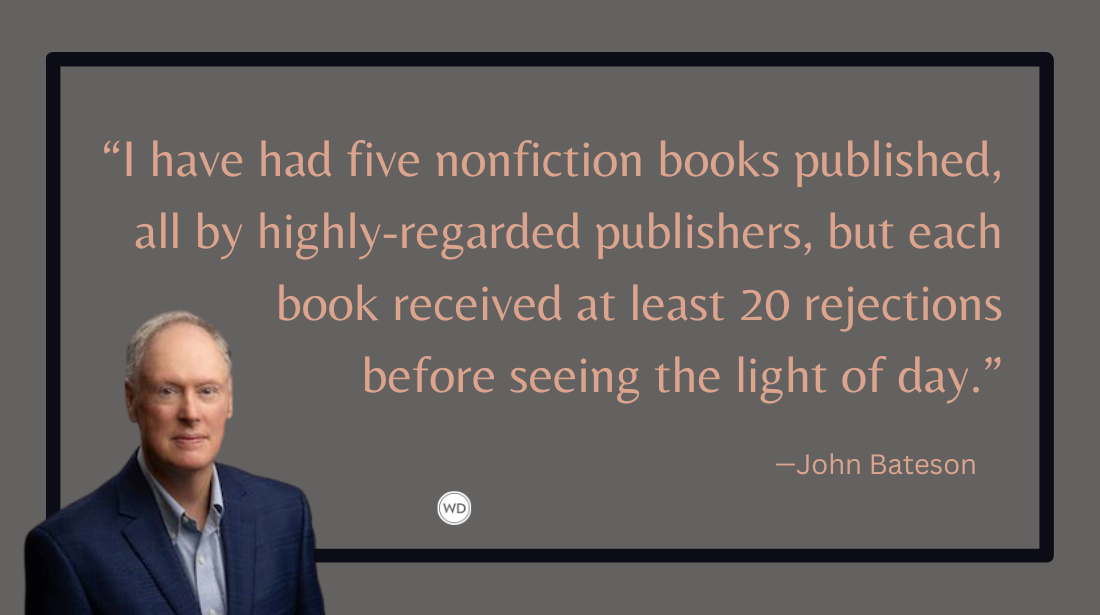Fiction Writers Need Platforms, Too
There were many wonderful comments here last week that I plan to address. The first comes from Linda Adams, on The Essential Components of an (Unpublished) Author’s Website: I should…
There were many wonderful comments here last week that I plan to address. The first comes from Linda Adams, on The Essential Components of an (Unpublished) Author's Website:
I should note though that there's a
difference between a non-fiction writer and a fiction writer. When I
started seeing terms like platform, my first thought was, "What about
the novelists?" A novel often doesn't have a platform. The advice in
the post seems more suited to non-fiction authors.
It's true that nonfiction writers are different from novelists when it comes to pitching your work. Nonfiction writers almost always have to prove that they have authority/credentials, as well as a platform, that will help them market and promote the book effectively to a target audience. Nonfiction writers essentially put forth a business plan explaining the market need for the book. Novelists don't do this at the outset; the decision usually comes down to the quality of the writing and the storytelling.
However, what separates successful writers from NOT-successful writers (no matter what the genre), is platform, or visibility to a readership. If a novelist is unable or unwilling to develop a platform for his writing career, he will find that his books don't sell and the publishers lose interest fast. A novelist should never rely on the publisher to make his book sell.
Here are a few ways that fiction writers need to start targeting their audience and developing a platform. (And all of these are discussed in Get Known Before the Book Deal by Christina Katz, which has a special chapter on fiction-writing platforms.)
- Look at how and where you write. How have you developed your fiction-writing chops? Through critique groups? Online workshops? Creative writing programs? Lounging at Starbucks? Whatever writing community you participate in, that leads to a part of your platform. For example, if you are a graduate of an MFA program, that makes you part of the MFA community, and gives you a way to build visibility with that community. If you are an expert critiquer in online workshop settings, and word spreads about you, then you're building a platform. Think about your interactions with other writers and how you network. These can provide the seeds.
- Community/regional presence. Also think about your interactions within your community or region, which may or may not be connected to writing. Can you establish programs relating to reading, writing, or the themes in your work? Most writers are passionate about something connected to words; are you involved in your community, work for a greater cause, and have visibility that way? Usually the passions in our life come out in our writing, and vice versa.
- Special relationships. Maybe you were mentored or coached by a notable writer or someone in the community. Or you have connections with people in the media (whether family or friends or colleagues), or with other influencers and tastemakers. While I don't suggest you take advantage of such relationships, having them can greatly help you when it comes time to think of your platform and spreading the word about your work. Who do you think will be willing to help you? And how can you offer something in return?
- Look to your work. What themes, topics, or things are explored in your work? It's likely you will return to the same themes or topics throughout your writing career. (E.g., if you write about small-town life today, it's likely you'll still be writing about small-town life in a few years.) Becoming known as someone who explores certain themes or topics in life can make you interesting and visible to particular audiences. And that's what platform-building is all about: Knowing what audiences will be most interested in your work, and always thinking about how you can be more visible to them, and reach out to them in meaningful ways.
I would love to hear from aspiring and established novelists about what platform-buliding strategies have worked for you. MJ Rose (a columnist for WD magazine) often says that successful marketing strategies all depend on you and your book, and I agree. Some things that work for one author may not work for another. But it's helpful to see what's being done, to help spark new ideas, and to better understand your own position and strengths.
Jane Friedman is a full-time entrepreneur (since 2014) and has 20 years of experience in the publishing industry. She is the co-founder of The Hot Sheet, the essential publishing industry newsletter for authors, and is the former publisher of Writer’s Digest. In addition to being a columnist with Publishers Weekly and a professor with The Great Courses, Jane maintains an award-winning blog for writers at JaneFriedman.com. Jane’s newest book is The Business of Being a Writer (University of Chicago Press, 2018).



